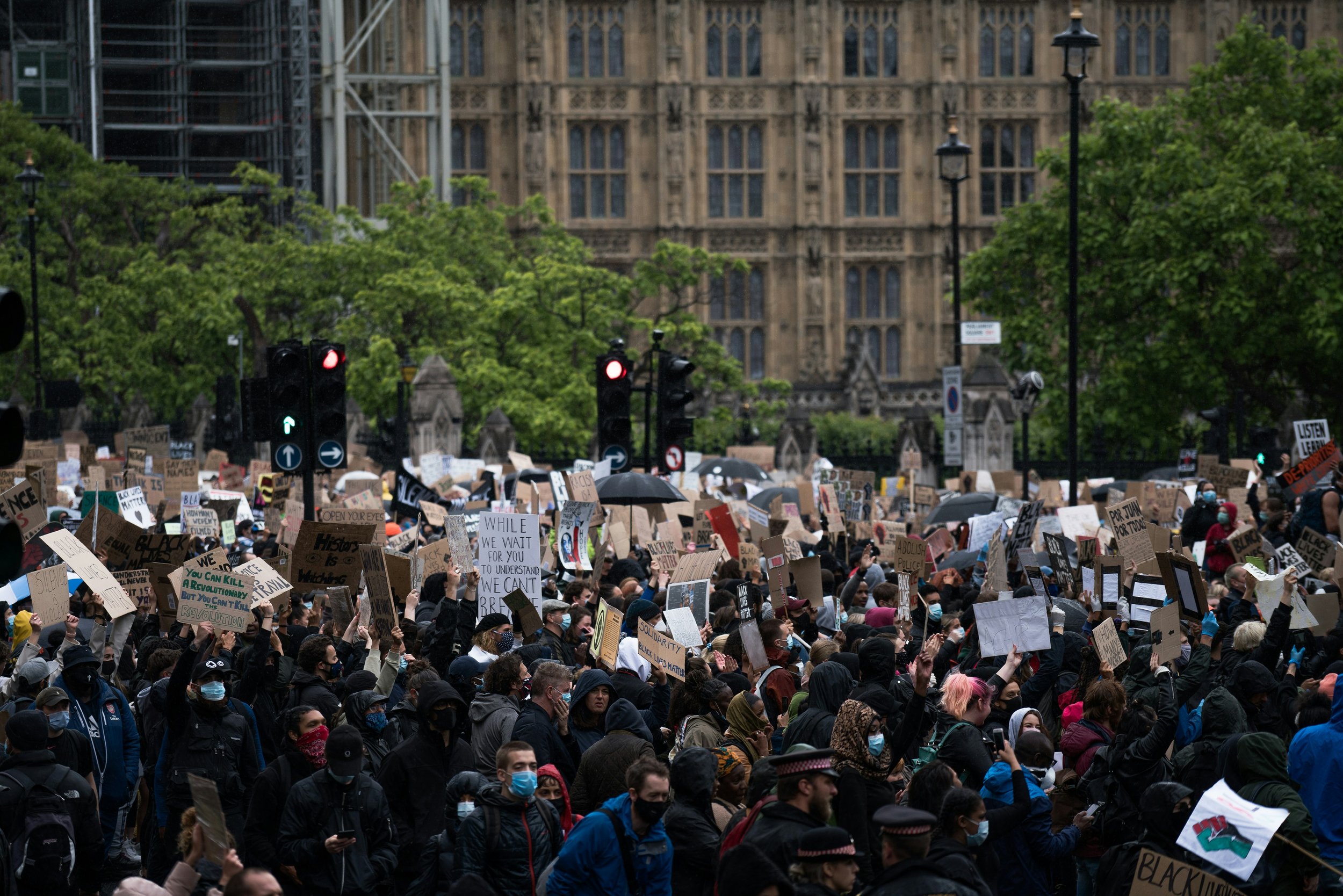
Living Library of Knowledges
About This Page
-
Our Living Encyclopedia is part of our work in creating Living Knowledges. Here you will find community led and scientifically rooted reportings that are in constant progression as injustice is an evolving phenomena.
Living Knowledges is a realm where knowledge finds a sanctuary to flourish, evolve, and expand beyond the confines of conventional repositories. It is a dynamic space dedicated to storing and nurturing knowledge in a manner that allows it to adapt, transform, and grow with the passage of time.
This is a digital ecosystem designed to accommodate the vast array of information amassed by humanity. It goes beyond the static nature of traditional libraries and archives, embracing the concept of living ideas that continuously evolve. Thus, knowledge is envisioned as a living entity that undergoes perpetual enhancement and refinement. Every piece of information is treated as a seed, capable of germinating, branching out, and cross-pollinating with other ideas.
-
This Library houses all the work produced therefore you can use the filter to search for topics and formats that suit your query.
You can access a range of works, such as definitions which give a ~200 word summary of a key topic, as well as long form reports.
Some of the works listed here also feature in the Programmes so you can see related works as you go.
Decolonisation in Precarity: Migration & Trans Healthcare
From our Trans and Gender Non-Binary Health Justice Programme, we bring forward the work of Nina Rivera, who is an organiser, healer, and advocate of Trans Women's Migrant Rights. She is the recipient of our first Healing grant, where she brought together Trans Migrant Women into a space of Kinship and healing.
Mapping & navigating British systems of power
This working board is for people who are not “professionals” within the legal, policy, or advocacy space (NGOs) but for community-led organisers looking to develop action plans and theory of change models. The MIRO board has a series of instructions after an introduction section that you can refer to at different times.
Right to Pollute Policies and their Epistemological Roots
This project brought together people with knowledges across a variety of policy, organising in healthcare and the criminal justice system, as well as environmental and climate justice.
A Declaration for Air
On 11th October 2023, 14 people, ranging from the fields of medicine, policy, law, abolition, science, data science, economics, and art gathered to declare our right to access AIR.
The Living Indigenous Encyclopaedias for Health Justice
We are very proud and excited to launch this living wisdoms ecosystem. We are coining this term as Knowledges are alive, they evolve through interaction with culture, events, and time. This term also highlights that Indigenous Knowledges are still relevant and will always keep evolving to support our survival and healing.
Envisioning a Healthier Urban Way of Living: Indigenous Sovereignty in Los Angeles and Beyond
While many would argue that there is not one Los Angeles but multiple LAs, what is less known is that there are multiple Indigenous LAs whose histories are layered into the fabric of the city.
Pathways to Poor Health (health injustice) for Indigenous Peoples
There are disproportionately high rates of psychological and psychological distress and health disparities among Indigenous Peoples. That is, regardless of their geographical location or sociopolitical situation, health indicators are always poorer for Indigenous Peoples than for non Indigenous ones.
Non-Western Approaches to Healing
These two essays reflect on non-western healing epistemologies, both as an opportunity for healing and as a response to the harms of the western medical industrial complex.
Reframing Trauma
Trauma also creates systemic biological and cellular changes. For example, it can change our gut bacteria environment, which has implications for obesity. In cases of acute trauma, some can experience PTSD, which creates neurobiological abnormalities which alters the function of various biological systems, this too has implications for obesity.
Indigenous Peoples
Indigenous Peoples are from all over the world and cover various and distinct cultures, languages, practices and knowledges. It is not a race nor is it a monolith.
The History of Disease
This audio report discusses three epidemiological transitions and how our modern environments are not suited to our biological architecture. New perspectives such as the ‘ancestral susceptibility hypothesis’ suggests that there is a mismatch between the ancestral environments our bodies have adapted to (at a genetic level) over millennia.
Stressors & the Stress Response
A stressor is defined as a novel threatening environmental agent that alters the baseline human biological system in either of two ways: bringing the system to an unstable biological state, or slowing down the system’s internal response so that it cannot reach equilibrium.












